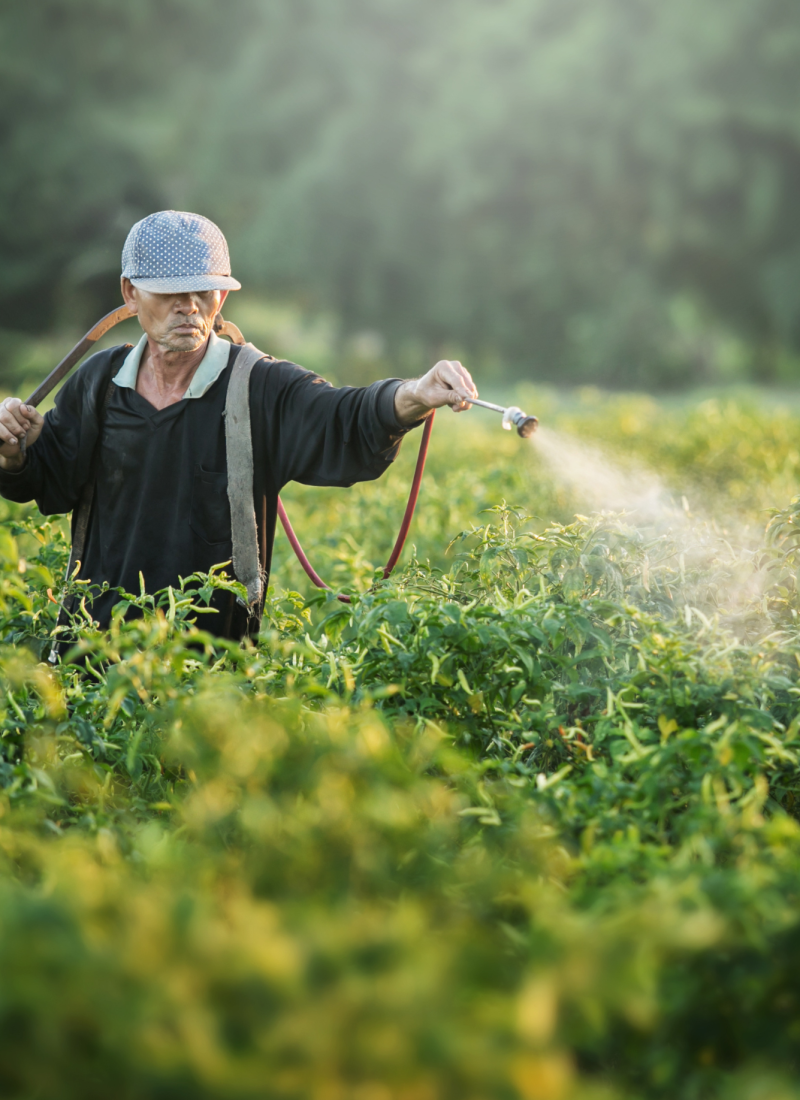- Home
- Active Lawsuits
- Camp Lejeune
- Roundup
- Talcum Powder Lawsuit
- Bard PowerPort Catheters
- AFFF Exposure
- Toxic Baby Formula (NEC)
- CPAP Lawsuit
- Hair Straightner Lawsuit
- Paraquat
- PFAS Contamination Lawsuit
- Zantac Lawsuit
- Rideshare Lawsuit (Driver)
- Rideshare Lawsuit (Passenger)
- Depo-Provera Lawsuit
- Motor Vehicle Accident Lawsuit
- LDS Sex Abuse Lawsuit
- Oxbryta Lawsuits
- Sexual Abuse Lawsuit
- Roblox Addiction Lawsuit
- Blogs
- Contact Us
Roundup
- Home
- Roundup
We Fight For Justice
You May Have Been Exposed to Harmful Chemicals!
Roundup is a very popular herbicide used commercially and privately. In recent years, thousands of lawsuits have been filed against the manufacturer of Roundup, alleging that the formula containing glyphosate as its main ingredient can cause cancer. If you are a Roundup user, you have been diagnosed with cancer, and you consider that it may be due to the use of the said product, you have to read this note from havealawyer.

How Do I Get Compensated?
Fill Out The Form
Fill in the form to see if you qualify.
Speak With Our Specialists
We'll review your submission quickly and then follow up with you.
Potential Compensation
Receive the justice and potential compensation that you and your loved ones deserve.

Roundup and Cancer: Health Crisis And Legal Battle
What Is Roundup?
Roundup is the trade name for the herbicide formulated primarily with glyphosate. The said product serves to kill weeds and grasses that are unattractive or damage crops. Individuals use the product to care for their gardens, and also companies to care for large crops. Originally, Roundup was developed by the Monsanto company, which in 2018 was bought by the German group Bayer. Currently, Roundup is still available on the market, despite the lawsuits against the company for being a possible cause of cancer.
Glyphosate
Glyphosate is the main active ingredient in Roundup herbicide, which is combined with other ingredients to enhance its uptake into plants. This substance, registered as a pesticide in the US since 1974, is one of the most popular products of its kind.
Does Roundup Cause Cancer?
According to studies carried out by the EPA (US Environmental Protection Agency), there are no risks of concern for human health when using glyphosate. On the other hand, it also found that glyphosate is unlikely to be a human carcinogen.
For its part, the International Agency for Research on Cancer (IARC), has published that there is sufficient evidence to determine that glyphosate is a possible cause of cancer. In addition, to date, lawsuits have been developed against the manufacturer by people who used Roundup for many years. The plaintiffs won since they found the connection between their cancer diagnosis and the use of the product.
Do I Qualify For A Lawsuit?
Do I quality to file a lawsuit against…
According to Roundup lawyers, people must satisfy three conditions to potentially qualify for a lawsuit — proven Roundup use, a cancer diagnosis and a connection between the diagnosis and Roundup.
Only a lawyer can properly evaluate a claim, and they can help gather medical records and evidence to build a case.
This Is An Active Lawsuit
- Please submit your data in our form.
- Our team will review your case.
- One of our professionals will contact you.
Do I qualify to start a lawsuit against the manufacturer of Roundup?
To claim Bayer, you have to meet at least two requirements; the first is to prove continued use of Roundup, and the second is to have a subsequent cancer diagnosis. Furthermore, it is necessary to find a connection between these two issues. To do this, we recommend that you contact us so that a lawyer can evaluate your case and find out if you qualify to file a lawsuit.
Can I Sue The Maker Of Roundup At Any Time?
To file the lawsuit against Bayer, you should note that each State has a statute of limitations, which ranges between two and four years, to sue for product liability.
You must keep in mind that as soon as you get a cancer diagnosis or find out that there may be a link between Roundup and the diagnosis, time is running out to file a lawsuit.
If, after reading the note, you find that the use of Roundup has seriously damaged your health, contact us so that we can guide you and legally advise you in a possible lawsuit against Bayer. Just leave your information here, and an expert lawyer from havealawyer will contact you.
field of expertise
Lawsuits And Legal Process
As the adverse health effects of Roundup surfaced, affected individuals and families initiated legal proceedings to pursue justice and compensation for their hardships. Numerous lawsuits were filed against the makers of Roundup, alleging negligence, failure to provide adequate warning, and other grievances. These legal actions sought restitution for medical costs, emotional distress, and diminished quality of life.

Legal Process Key Steps
1. FILE A LAWSUIT
The plaintiffs (those affected) engage legal representation and file lawsuits against the parties responsible for the water contamination.
2. DISCOVERY
Both sides gather evidence through the discovery process, which involves obtaining records, conducting depositions, and gathering experts’ opinions.hile some cases can be settled quickly, others may take longer, particularly if they require legal action.
3. SETTLEMENT OR TRIAL
Depending on the strength of the evidence and negotiation process, some cases may reach an out-of-court settlement. If a settlement cannot be reached, the case proceeds to trial.
4. TRIAL AND VERDICT
In a trial, evidence is presented, witnesses testify, and legal arguments are made. A judge or jury decides on the verdict, determining if the defendant(s) were liable and whether damages should be awarded to the plaintiffs.
If You Were A Victim Of Camp Lejeune Water Contamination, We Can Help
Have A Lawyer will match you with a qualified attorney who can evaluate your case and help you seek justice and compensation for the injuries you’ve experienced from exposure to contamination. If you believe you have a case, please contact us so we can guide you to the best possible outcome.
FIND OUT NOW if you qualify for compensation. Fill out the easy form above and get an immediate and FREE case review!
Mass Tort vs. Class Action
What Are the Differences Between Mass Tort And Class Action Lawsuits?
Recognizing these distinctions is essential for both plaintiffs and defendants when deciding on the most suitable legal approach for addressing a shared complaint or injury.
STRUCTURE
1.Mass Tort: Consists of several individual lawsuits grouped together based on common case details or defendants.
2.Class Action Lawsuit: A single lawsuit developed for a larger group--the "class"--who are represented by a single plaintiff.
INDIVIDUAL CONTROL
1.Mass Tort: Each individual plaintiff has control over their case and its resolution.
2.Class Action Lawsuit: Members of the class have limited control over the lawsuit, as case decisions are made by the single representative plaintiff and their legal team
APPLICABILITY
1.Mass Tort: Best for situations when each plaintiff's case is distinguished by different degrees of harm or other circumstances.
2.Class Action Lawsuits: Ideal when the members of the class all share similar claims and a uniform resolution is fair or reasonable.
EFFICIENCY
1.Mass Tort: Can be more time-consuming and complex since each case may require individual management.
2.Class Action Lawsuits: Generally more efficient as terms, negotiations, and resolutions apply more equally to all claimants.
COMPENSATION
1.Mass Tort: Compensation and settlements are determined case by case, in consideration each plaintiff's unique circumstances and harm suffered.
2.Class Action Lawsuits: Compensation and settlements are typically distributed evenly among all class members, often based on a pro-rata structure.
